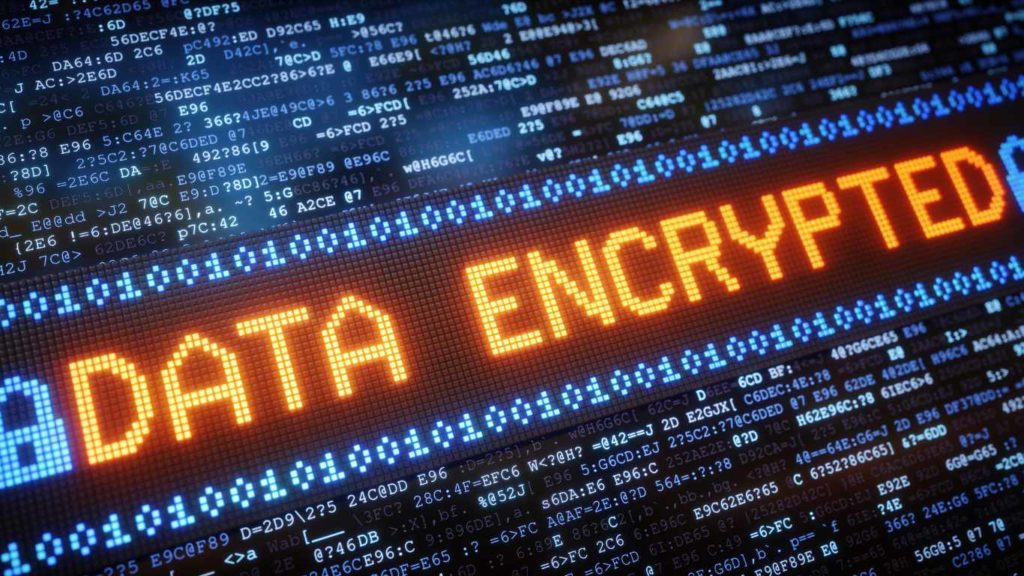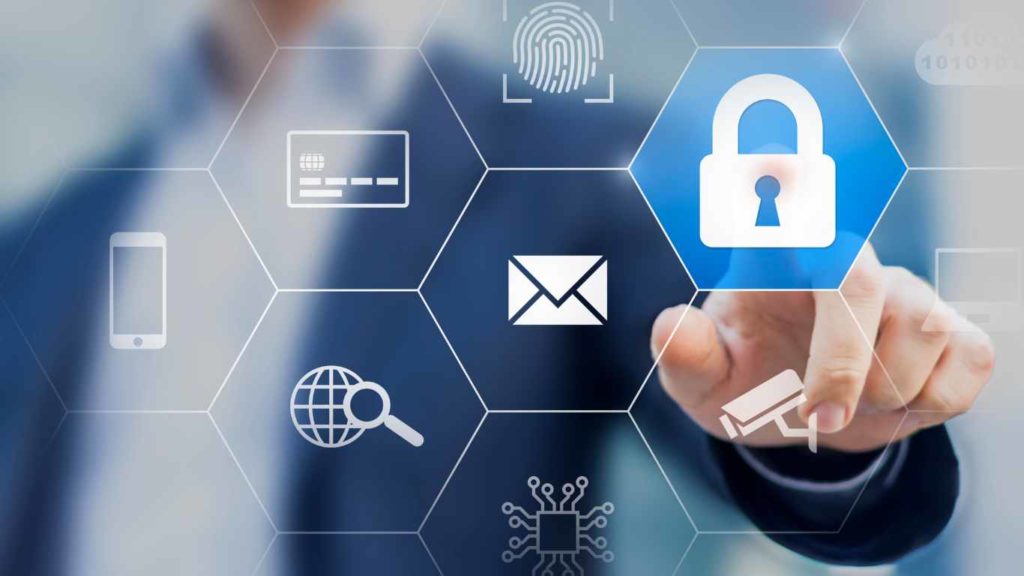Data security has become a paramount concern for businesses across all sectors, and law firms are no exception. As custodians of sensitive and confidential client information, law firms are particularly vulnerable to data breaches and cyberattacks. There has been a 154% increase in the last year in federal data breach class actions in an increasingly digital world.
This is where data encryption steps in as a critical tool for safeguarding sensitive information from unauthorized access. Hence ensuring the confidentiality and integrity of client data. We’ll explore the importance of data encryption for law firms and provide actionable insights for legal professionals. To enhance their data security practices.
Why Encryption is Crucial for Law Firms

Data encryption is the process of converting plain, readable data into an unreadable format known as ciphertext. We can only decipher this ciphertext into its original form using an encryption key. Encryption serves as a protective shield against unauthorized access. Ensuring that even if a breach occurs, the stolen data remains indecipherable without the appropriate key.
Client Confidentiality
Law firms handle a vast amount of sensitive information, ranging from personal details to legal strategies and confidential agreements. Maintaining client confidentiality is a fundamental aspect of the legal profession, and data breaches can have severe legal and reputational consequences. Encryption provides an additional layer of defense, reducing the risk of confidential information falling into the wrong hands.
Compliance and Legal Requirements
Legal professionals are subject to various regulations and standards, such as the GDPR in Europe and HIPAA in the United States. Encryption is often mandated by these regulations as a means of protecting personal and sensitive data. Implementing robust encryption practices can help law firms remain compliant with these regulations and avoid hefty penalties.
Email Security
Email communication is a staple in the legal field. However, unauthorized individuals can easily intercept or access emails. Encrypting emails containing sensitive information ensures that, even if intercepted, the content remains unreadable to unauthorized parties. Secure email platforms and encrypted attachments add an extra layer of protection for client communications.
Cloud Storage and Remote Work
The trend towards cloud-based storage and remote work brings convenience but also introduces security challenges. Encrypting data stored in the cloud and transmitted between devices ensures that sensitive information remains secure even when accessed from remote locations. This is particularly important for legal professionals who need access to case files and documents while working from various locations.

Best Practices for Implementing Data Encryption
1. Full Disk Encryption:
Full disk encryption is a fundamental step in protecting the data stored on laptops, desktops, and mobile devices. It ensures that all the data on the disk is encrypted, making it inaccessible without the decryption key. Implementing full disk encryption tools like BitLocker (Windows) or FileVault (macOS) are crucial for preventing unauthorized access in case a device is lost or stolen.
2. End-to-End Encryption:
End-to-end encryption guarantees that only the sender and intended recipient can read the contents of a message. Whether it’s an email, text, or voice call. This is achieved by encrypting the data on the sender’s end and decrypting it on the recipient’s end. Effectively bypassing any intermediaries, including service providers. Popular platforms like Signal and ProtonMail are known for offering strong end-to-end encryption.
3. Secure Cloud Storage:
When utilizing cloud storage services such as Dropbox, Google Drive, or Microsoft OneDrive, prioritize those that offer robust encryption mechanisms. This includes encrypting data while it’s stored on the servers (data at rest) and during transmission between the device and the cloud (data in transit). Additionally, opt for services that allow you to manage your encryption keys, giving you greater control over data access.
4. Multi-Factor Authentication (MFA):
Multi-factor authentication (MFA) adds an extra layer of security beyond just a username and password. It requires users to provide at least two forms of identification before granting access to an account or system. This could involve something the user knows (password), something they have (smartphone for a verification code), or something they are (biometric authentication). If passwords are compromised, biometric authentication through MFA significantly reduces the risk of unauthorized access.
5. Regular Software Updates:
Regularly updating software is a critical practice for maintaining security. Software updates often include patches for known vulnerabilities that cybercriminals could exploit. Keep operating systems, applications, and security tools up to date to ensure you’re protected against the latest threats. Enabling automatic updates can help streamline this process and ensure you’re always running the latest. Hence the most secure versions of your software.
6. Employee Training:
Human error is a common entry point for cyberattacks. Conduct regular training sessions to educate employees about various cybersecurity threats, such as phishing emails, social engineering, and malware. Teach them how to identify suspicious activities, avoid clicking on unknown links or downloading attachments from unverified sources. Report any potential security incidents promptly.

7. Data Classification:
Not all data is equally sensitive, and not all data requires the same level of encryption. Implement a data classification system that categorizes data based on its sensitivity and potential impact if compromised. This will help you allocate resources effectively by applying strong encryption to high-risk data. While using less intensive encryption for less sensitive information.
8. Data Retention Policies:
Develop clear data retention policies that outline how long different types of data should be kept and when it should be securely disposed. Holding onto data longer than necessary increases the risk of a breach. Leading to storing outdated information that is no longer relevant. Regularly review and update these policies to align with changing regulations and business needs.
Summing Up
Law firms must prioritize data security to protect their clients, uphold professional standards, and safeguard their reputation. Law firm data encryption is a powerful tool that can significantly enhance a law firm’s data security posture. By understanding the importance of encryption, adopting best practices. Staying updated on the latest security trends, legal professionals can establish a robust defense against cyber threats and breaches. Through a combination of technological measures and employee awareness. Law firms can continue to uphold their ethical obligations and deliver the highest level of client confidentiality.





